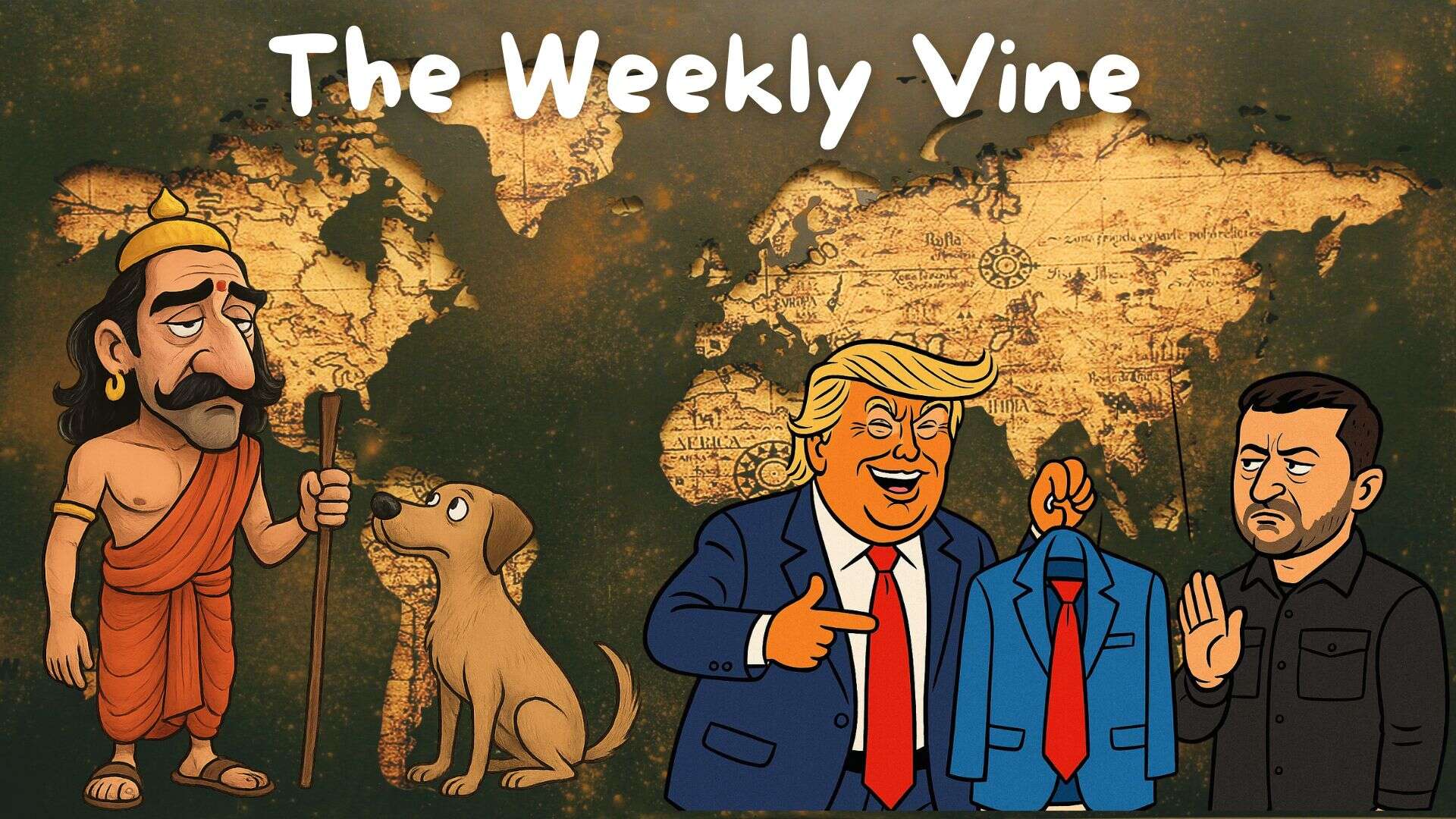Lifestyle
Stray Dog Debate Sparks Controversy in India’s Urban Landscape

In a recent development in India, the Supreme Court has ruled that stray dogs are to be removed from public spaces, igniting a heated debate on animal welfare, urban living, and societal values. The ruling mandates that strays be sterilised, sheltered, and kept away from city streets, raising questions about the implications of such measures on both animals and residents.
Strays and Society: The Dichotomy of Views
The decision has divided public opinion. One perspective argues that the removal of strays is necessary for public safety, particularly in urban areas where encounters with aggressive dogs can lead to serious injuries. A personal account from a resident in South Delhi highlights this issue, describing a frightening encounter with a pack of stray dogs that left him needing multiple rabies vaccinations. This incident underscores a growing concern for public safety amidst rising reports of dog bites in urban environments.
Conversely, advocates for animal rights stress the importance of coexistence. They argue that the removal of stray dogs echoes colonial attitudes that once deemed certain groups as unworthy of public space. Citing the tale of Yudhishthira from the Mahabharata, they contend that true progress lies in compassion for all living beings. The prevailing sentiment is that a society is judged by how it treats its most vulnerable members, including animals.
This clash of ideologies reflects a broader issue in Indian society, where economic disparities often dictate the value placed on life. As political parties focus on more sensational topics, the challenge remains: do the lives of urban poor and stray animals weigh equally in the public discourse?
Data Integrity and Political Accountability
The conversation surrounding stray dogs is not the only contentious issue in India. Recent events involving the opposition’s “vote chori” campaign have raised alarms about data integrity in the political arena. The Congress party’s claims of discrepancies in Maharashtra’s voter rolls, based on data from the Center for the Study of Developing Societies (CSDS), were abruptly retracted due to inaccuracies. This incident highlights the politicisation of data in a climate where numbers can quickly become a weapon.
Amit Malviya, a spokesperson for the Bharatiya Janata Party (BJP), called for accountability, demanding an apology from Rahul Gandhi for misleading the public. The Election Commission has since reinforced its stance, insisting on a formal response from the Congress party. This debacle serves as a reminder of the potential consequences when data is mismanaged, affecting public trust in both electoral processes and political discourse.
International Relations and Symbolism
On the global stage, the dynamics between Donald Trump and Ukrainian President Volodymyr Zelenskyy have also drawn attention. During a recent meeting, Trump’s administration reportedly pressured Zelenskyy to adopt a formal dress code, insisting on a suit and tie as a sign of respect. Zelenskyy’s decision to appear in a casual jacket instead is interpreted as a powerful statement of defiance against the pressures of international diplomacy.
This incident illustrates how symbolism in attire can convey deeper messages. While Trump’s preference for formal wear represents order and compliance, Zelenskyy’s choice reflects his commitment to authenticity and the ongoing struggles faced by Ukraine. Such gestures highlight the complexities of international relations, where clothing can become a battleground for asserting identity and values.
AI Advancements: Hype vs. Reality
Finally, the recent release of GPT-5 has prompted critiques regarding the future of artificial intelligence. Despite initial excitement about its capabilities, many have expressed disappointment, suggesting that it has not significantly progressed beyond its predecessor, GPT-4. The emphasis now appears to be on marketing rather than genuine technological advancement, raising questions about the future direction of AI development.
The introduction of ChatGPT Go, a subscription service aimed at the Indian market, suggests a strategy to capitalise on user engagement rather than delivering groundbreaking AI solutions. This shift indicates that, in the face of stagnation in technological innovation, companies may turn to consumer behaviour as a means of sustaining market interest.
In conclusion, the contemporary landscape in India reflects a complex interplay of societal values, political accountability, and technological expectations. As the discourse on stray dogs, electoral integrity, international relations, and AI continues to evolve, the underlying question remains: how do we balance compassion, truth, and innovation in shaping a progressive society?
-

 World5 months ago
World5 months agoSBI Announces QIP Floor Price at ₹811.05 Per Share
-

 Lifestyle5 months ago
Lifestyle5 months agoCept Unveils ₹3.1 Crore Urban Mobility Plan for Sustainable Growth
-

 Science4 months ago
Science4 months agoNew Blood Group Discovered in South Indian Woman at Rotary Centre
-

 World5 months ago
World5 months agoTorrential Rains Cause Flash Flooding in New York and New Jersey
-

 Top Stories5 months ago
Top Stories5 months agoKonkani Cultural Organisation to Host Pearl Jubilee in Abu Dhabi
-

 Sports4 months ago
Sports4 months agoBroad Advocates for Bowling Change Ahead of Final Test Against India
-

 Science5 months ago
Science5 months agoNothing Headphone 1 Review: A Bold Contender in Audio Design
-

 Top Stories5 months ago
Top Stories5 months agoAir India Crash Investigation Highlights Boeing Fuel Switch Concerns
-

 Business5 months ago
Business5 months agoIndian Stock Market Rebounds: Sensex and Nifty Rise After Four-Day Decline
-

 Sports4 months ago
Sports4 months agoCristian Totti Retires at 19: Pressure of Fame Takes Toll
-

 Politics5 months ago
Politics5 months agoAbandoned Doberman Finds New Home After Journey to Prague
-

 Top Stories5 months ago
Top Stories5 months agoPatna Bank Manager Abhishek Varun Found Dead in Well









